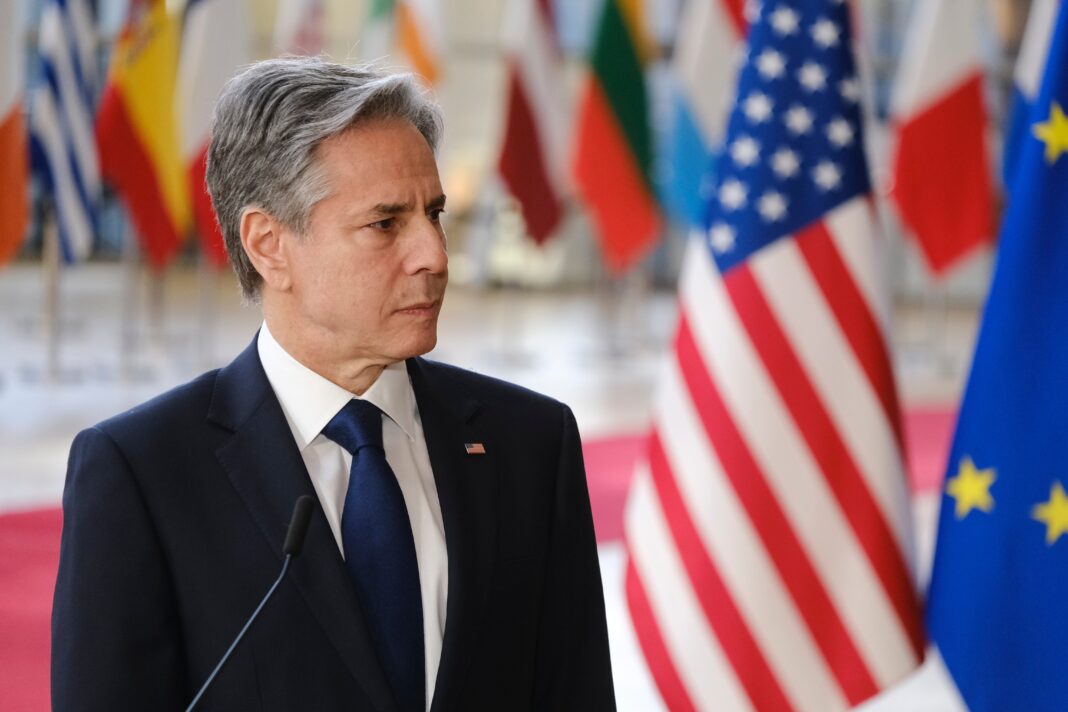by Anna Violante
“He did a hell of a job”: Biden’s first public assessment of Blinken’s visit to China was clear. Blinken himself, in a press conference at the end of the meeting, said: “In every meeting, I stressed that direct engagement and sustained communication at senior levels is the best way to responsibly manage our differences and ensure competition does not veer into conflict,” and then concluded: “I heard the same from my Chinese counterparts.”
Indeed, Xi Jinping, for his part, stressed the two superpowers’ responsibility to the whole world: “The two countries should act with a sense of responsibility for history, for the people and for the world, and handle China-U.S. relations properly, adding that in this way, “they may contribute to global peace and development, and help make the world, which is changing and turbulent, more stable, certain and constructive”, as China’s Xinhua news agency reported.
Behind this optimistic façade, tough, it sounds a bit far-fetched to say that tensions between the two countries have definitely eased. Although this surprise meeting suggests a willingness on both sides to repair a relationship that seemed to be broken, many issues remain to be resolved.
The main US complaint is the failure to agree on direct communication between the heads of the two armies to avoid dangerous accidents. While Xi said that “neither side should try to shape the other side by its own will, still less deprive the other side of its legitimate right to development.”
The reference to Taiwan is easy to see. But the economic rivalry should not be underestimated. China’s economy is struggling after three years of strict Covid-19 restrictions. Former President Donald Trump made it more expensive for US companies to import from China by imposing steep tariffs on Chinese goods. Biden not only left the tariffs in place, but also persuaded Congress to provide large subsidies for US production of certain goods, further weakening the Chinese economy. As Wing Thye Woo, vice president for Asia at the UN Sustainable Development Solutions Network, points out in his column in Project Syndicate, an online opinion magazine, “weaponizing trade policy to address matters of national security, for example, has only reduced mutual benefits from the economic relationship without easing geostrategic tensions. The most effective industrial policies focus on the supply side: a country will achieve better results by strengthening its own capabilities than by trying to impede innovation elsewhere.”
Now that the US secretary of state and the Chinese president have met for the first time in a long time, hopefully their discussions were not all about strategy, i.e Russia-Ukraine war and Taiwan. “After months of heightened tensions between Beijing and Washington – over alleged spy balloons, human rights and even TikTok – both sides appear ready to de-escalate,” argues The New Republic. “Whatever happens next will prove to be a delicate balancing act for the Biden administration. One of Trump’s most-repeated attacks was accusing Biden of being “soft” on China. This has continued to be a major talking point among Republicans and will no doubt figure heavily during the GOP presidential primary. Biden faces a difficult political task in the coming months: Improve relations with Beijing without damaging his reelection chances.”
Cover image: US Secretary State, Antony Blinken © Alexandros Michailidis/Shutterstock.com
























